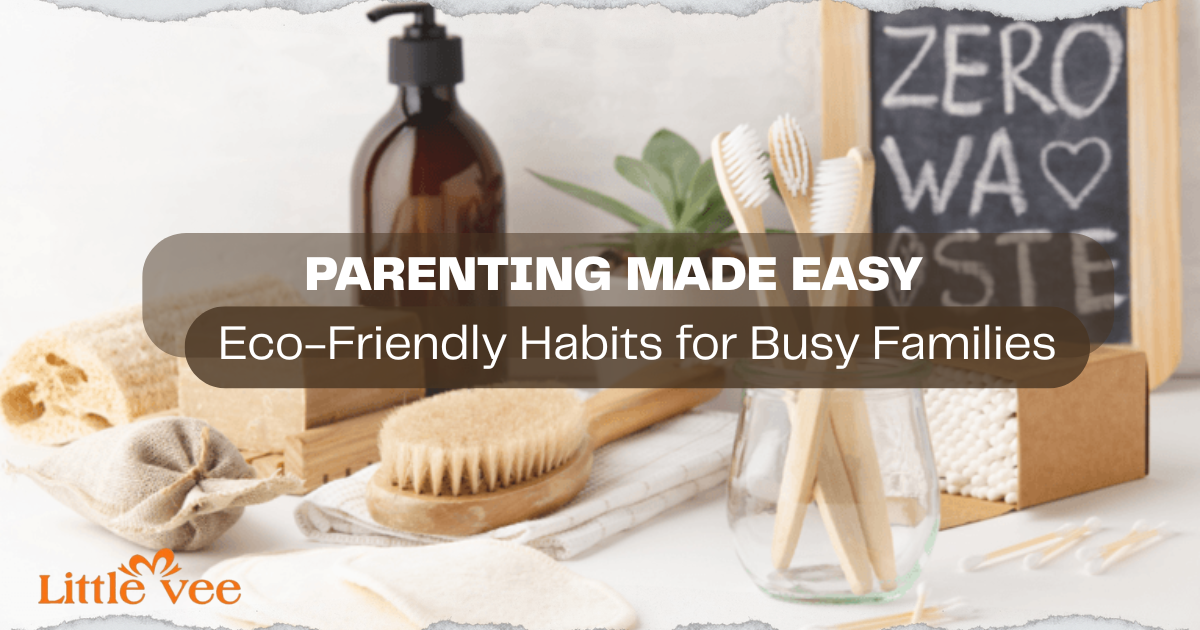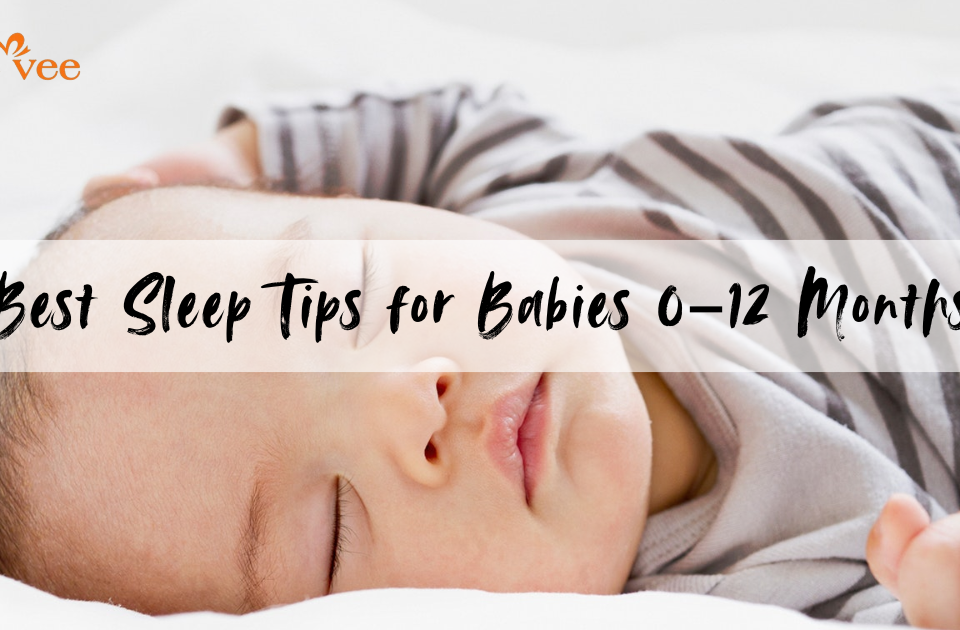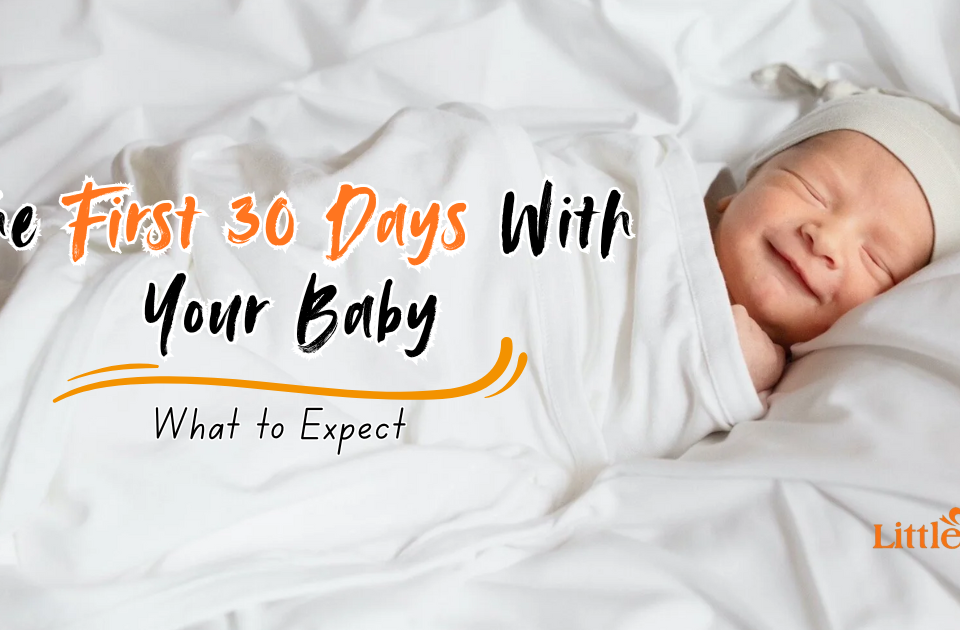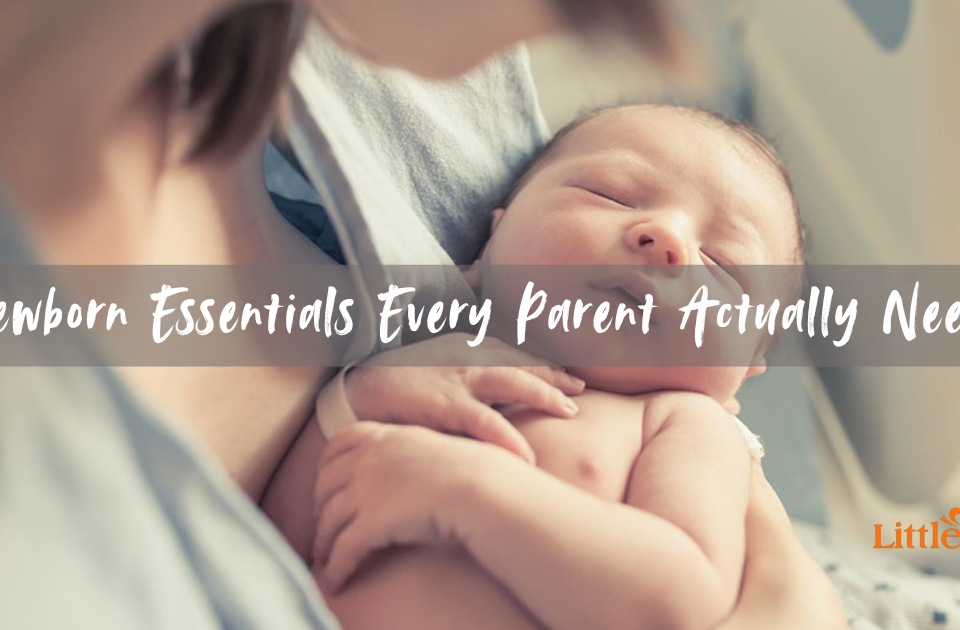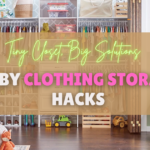
Tiny Closet, Big Solutions: Baby Clothing Storage Hacks
October 22, 2025
Mess-Free Mealtime Hacks Every Parent Will Love
October 28, 2025Parenting in today’s world can feel like juggling a dozen things at once — from diaper changes and playdates to keeping up with work and home. If you’ve ever wondered how to make your family’s lifestyle a bit more eco-friendly without adding stress, you’re not alone. The good news? Living greener doesn’t have to mean living harder. Small, simple habits can help you care for your baby and the planet at the same time — even when your days are packed.
Here are some eco-friendly parenting habits you can easily start today.
1. Choose Sustainable Baby Essentials
Let’s start with something you use every day — diapers. Traditional disposable diapers can take hundreds of years to decompose, but eco-friendly ones break down faster and are gentler on your baby’s skin.
Switching to Little-Vee’s Bamboo Baby Diapers is an easy way to make a big impact. Made from sustainable bamboo fiber, they’re soft, breathable, and naturally hypoallergenic — perfect for sensitive skin and the planet.
Other small swaps can make a difference too:
- Organic cotton baby clothes
- Reusable wipes instead of disposables
- Glass or stainless steel baby bottles
Each choice counts — and they add up beautifully.
2. Simplify Mealtime with Less Waste
Between purees, snacks, and spills, baby mealtime can generate a lot of waste. A few smart swaps can help:
- Use silicone bibs and suction plates that are easy to wash.
- Buy baby food in bulk or make your own in small glass jars.
- Choose reusable pouches for purees — great for on-the-go families.
Tip: Keep a “snack station” ready with healthy, prepped items in reusable containers. It saves time and reduces packaging waste.
3. Go Green with Laundry and Cleaning
Babies go through endless outfit changes, but you can make laundry a little more earth-friendly by:
- Washing in cold water to save energy.
- Using eco-certified detergents that are gentle and fragrance-free.
- Air-drying clothes when possible — baby clothes dry fast!
For cleaning, swap chemical sprays for simple vinegar-and-water solutions. Not only is it safer for babies crawling on the floor, but it’s also budget-friendly and effective.
4. Embrace Secondhand and Minimalist Living
Kids grow fast, and many baby items are used for only a few months. Consider buying gently used clothes, toys, and gear from other parents. Platforms like Facebook Marketplace or local “Buy Nothing” groups make it easy.
Minimalism is another stress-busting bonus — fewer things mean less clutter and easier cleanup. Keep only what’s useful or meaningful, and you’ll find your home (and mind) feels lighter.
5. Teach by Example
Even little ones notice what you do. Whether it’s sorting recyclables or turning off lights, your eco-friendly choices become early lessons in caring for the planet.
Let your child help with simple tasks or habits like:
- Watering plants
- Carrying reusable bags
- Collecting recyclables
You’re not just teaching responsibility — you’re building awareness and compassion for the world around them.
FAQs
Q1: Are eco-friendly products safe for babies?
Yes! Most eco-friendly baby products use natural materials and avoid harsh chemicals, making them gentler on your baby’s sensitive skin.
Q2: How can I start living eco-friendly without feeling overwhelmed?
Start small — swap one product at a time (like diapers or cleaning supplies). Each small steps or habits makes a real difference.
Q3: Do eco-friendly diapers actually work as well as regular ones?
Absolutely. Brands like Little-Vee offer high-absorbency bamboo diapers that perform beautifully while being kinder to the planet.
Final Thoughts
Going green as a parent doesn’t require perfection — just intention. Every eco-conscious decision you make, no matter how small, helps create a healthier, happier future for your baby.
💚 Explore Little-Vee organic baby Diapers — because caring for your baby and caring for the Earth should always go hand in hand.

